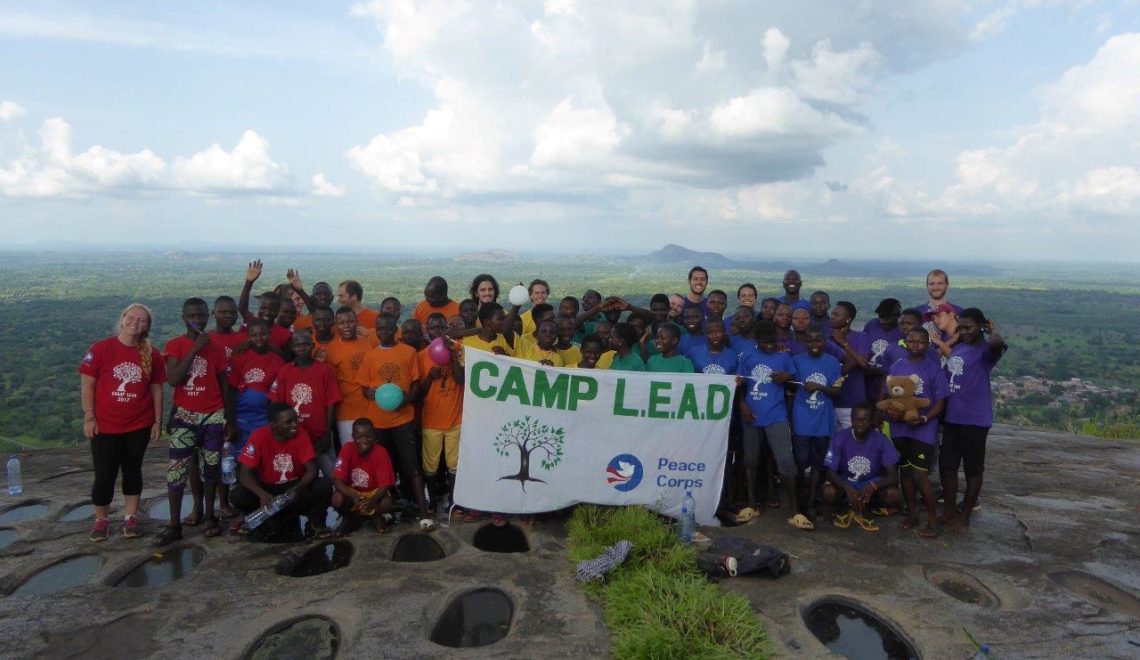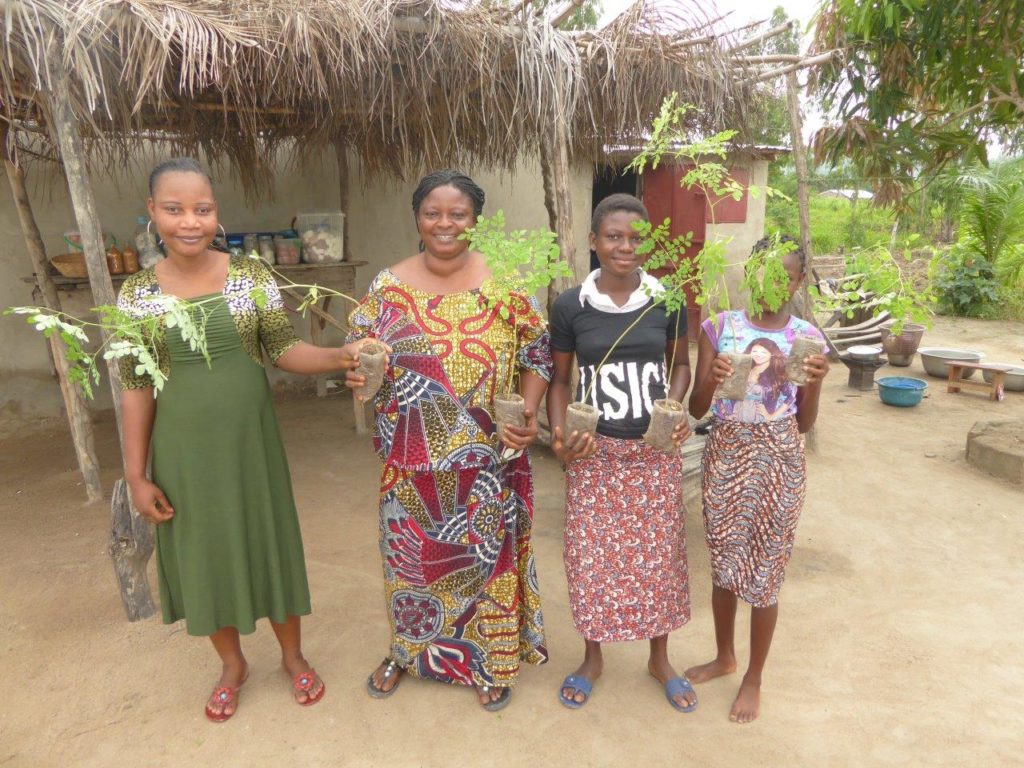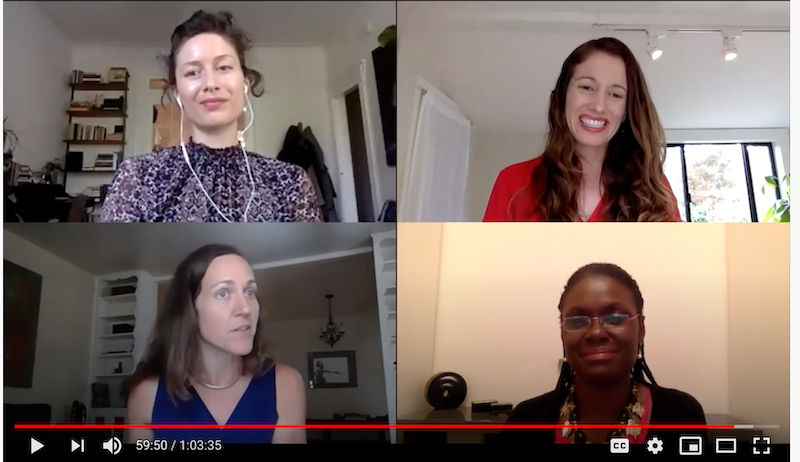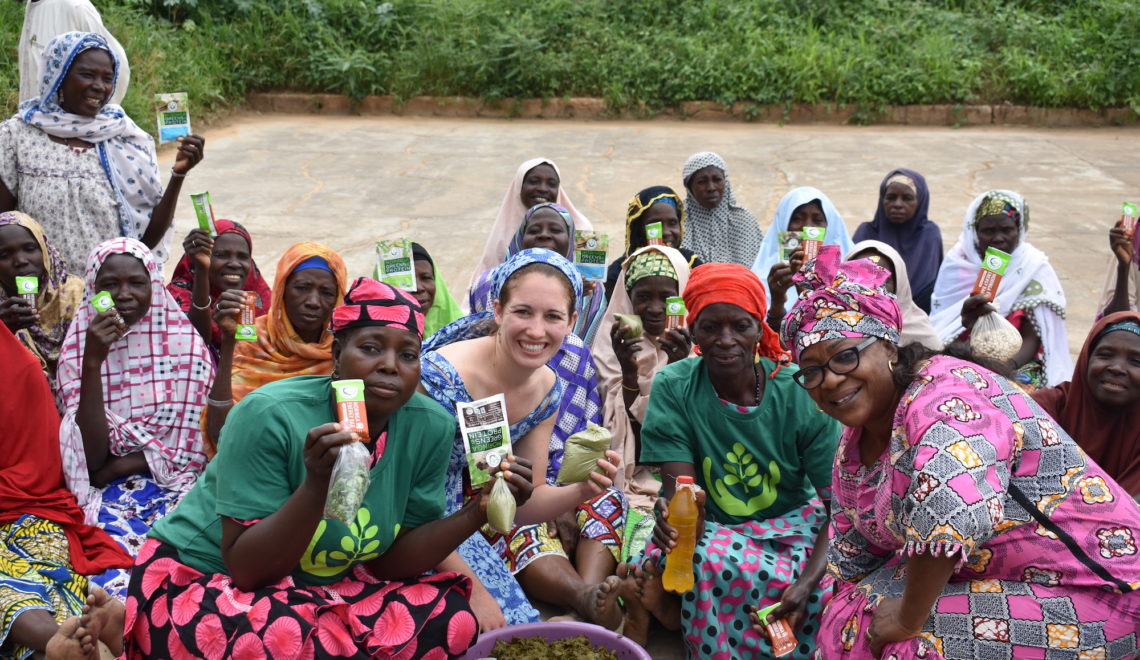
Childhood Dreams
Displayed in my childhood bathroom is a poster reading, “Shoot for the Moon…Even if you miss, you’ll land amongst the stars.” Morning and night as I brushed my teeth, I would look at this poster and dream of what I could become. My big sister, the CEO and founder of Kuli Kuli, would look at the same poster and dream of connecting Whole-Foods-shopping-Americans to women in the developing world. Well, perhaps 13-year-old Lisa had not thought through all the details of her moringa enterprise quite yet, but she knew she could take a leap of faith, create something nobody had done before and no matter what, “land amongst the stars.”
Privilege
Yes, privilege. My middle class family teaching my sister and I to dream big is an enormous privilege. Privilege: a blinding factor that the vast majority of Kuli Kuli’s moringa suppliers do not have. I would like to start this post by introducing Rosa, a young 18-year-old girl living in rural Benin, West Africa, whose story is raw, gruesome and all too common for girls in this country. Then, I will share some statistics on girls who face outcomes similar to that of Rosa. Finally, we will explore what we can do with our privilege in an effort to change the trajectory of women in the developing world using the power of moringa.
Life without Privilege
Meet Rosa. In between cooking, cleaning and caring for siblings and neighbor children, Rosa studies. Having no electricity or running water and little money, Rosa finds hope in school and has worked her way up to the top of her class. This achievement catches the attention of the Peace Corps volunteer in her village who looking to take a group of high school students to a week-long leadership summer camp. The volunteer meets Rosa, they make plans, sign forms, and are off on their way for Rosa’s first summer camp experience.
Learning to be a Kid
During this summer camp, volunteers and Beninese colleagues hold training sessions on a wide-range of subjects, from compost to malaria, from family planning to planting moringa trees. Students are relieved of their roles as home keepers for one full week. Usual activities like fetching water, preparing food and tending to babies’ needs are replaced by frisbees, soccer balls and obstacle courses. Kids get to be kids for the first time in their lives. Most volunteers claim these camps are the most rewarding and impactful part of their service.
Generally, towards the end of the week volunteers have to put on their doctor caps. Kids approach volunteers with cuts, sprained ankles and positive malaria tests. Amongst the crowd of ailed children, Rosa experiences lower abdominal pain and approaches a volunteer. With Advil, stretches and a promise for a hospital trip the following morning if it gets worse, volunteers settle into a yoga session with the kids. Fifteen minutes in, Rosa is still in noticeable pain. When she turned down the help of one of our Beninese male colleagues, it was apparent that this might be a bigger problem than just a stomach ache. Fortunately, a volunteer sat with her in a room for four hours, sometimes in complete silence, before the full story came to light.
Financial Impediments to Education
The government pays for school up until sophomore year of high school for all girls in the country. Under this system, Rosa was able to attend school. Next year, her parents will have to pay. Even though tuition is equivalent to only $20 for a full year, that could be a full monthly salary for a farmer. Thus financing girls’ education is often not prioritized, especially when families are struggling just to keep food on the table.
What is typically the case for families in situations such as this one is to marry the young girl off. So that is exactly what was going to happen to Rosa. Her brother knew someone in the capital who was looking for a wife and they set an arrangement. She would be able to finish her free sophomore year and the following year would move down with him.
The Woes of Arranged Marriage
Two months before the summer camp began, Rosa’s parents sent to meet her husband to be. They were proud of her because he lives in the capital and someday she will too. This is a sign of wealth and success, something rarely seen in their small village. However, this is where the story turns a bit graphic. She refuses to sleep with him, but her “no” meant little to him, so he raped her. She returns to her family, ashamed and embarrassed. One month passes, then two, with no monthly period. Rosa, concerned, decides to tell her parents what happened. She beggs them to let her keep the baby, despite the fact she was raped, and to continue with school instead of moving to the capital.
Rosa’s parents disregard her wishes and take control of the situation. They lead her under the impression they are going to town to see a doctor at his house. It is there that the “doctor” drugs Rosa and performs a botched abortion. Her abdominal cramps at camp, just a week after the incident, were a sign of infection. Fortunately for Rosa, she was with a volunteer who covered the cost of the treatment and followed through to ensure her safety.
Protecting Women and Children
This story does not stand-alone. NGO FEE-D, a local NGO in Northern Benin whose mission is to protect and promote children and women’s rights, studies the phenomenon of minor pregnancies and works with local communities to address the issue. FEE-D’s director, Lucien Mama Sourokou, provided statistics of the prevalence of minor pregnancies in its zone of intervention.
In one commune of Benin, nearly one third of girls become pregnant before graduation. Amongst those, 70% of them immediately drop out and of the girls who attempt to continue their courses at home, less than 4% successfully finish their schooling. In a neighboring commune, over 30 female students became pregnant in 2017 as a result of sexual relations with a teacher. Male teachers are known to guilt, bribe and threaten girls into sleeping with them. Granted, these statistics come from only those who are brave enough to report it.
Breaking the Cycle of Abuse
Rather than joining the crowd who victim blame the girls, Pierrette Djemain claims, “Women are treated no better than goats in Beninese culture. The only way to challenge this is to give women jobs- opportunities for them to not be dependent on a man. Through jobs, comes power.” Pierrette has developed a successful moringa powder enterprise that works with nearly 100 widowed women.
Without the privilege of a supportive middle-class family, I have witnessed Pierrette take risks with her company that could have left her and her five young children in the dirt, definitely not amongst the stars. Corrupt business politics often limit Pierrette’s ability to grow her business. She has lost shelf space for her moringa powder from various supermarkets due to her refusal to sleep with the manager. The infrastructure for her to report such horrific behavior does not exist in Benin. She must take the profit loss, remain confident and keep moving forward. Her strength is unmatched to anybody I have ever met.
Moringa Gives Power to Women
Every single day I have the privilege of witnessing the impact the growth of the moringa industry has on my Beninese friends and family. So what can you do in the United States? If you are not quite ready to up and join the Peace Corps, there is something you can do on your next trip to the supermarket. Use your dollar as a vote and pick up some Kuli Kuli moringa powder. Next dinner party, add the powder to your sauce and talk to your friends about the health, environmental and social impact. As Bill Gates said, “From those to whom much is given, much is expected.” From the widowed mothers in Benin growing moringa to you at the supermarket, we all play an integral role in bettering our interconnected world.















Hi Julie,
Fantastic article! I am currently a Peace Corps volunteer serving in Togo. We have a conference called Femmes Contre La Faim where we teach women ways to preserve food to hold them over during dry season, improved agricultural practices for their farms, and overall women’s rights and empowerment. We’re currently in the process of revamping the conference and are looking for women in agriculture and/or who have successful income-generating activities in West Africa that could possibly come and speak at our conference. We’re holding a mini conference in 2018 just for the incoming volunteers who will be taking the reins after we leave, so we would not need the speaker until the conference in 2019. However, I would like to try establishing contact as of now. If you have any suggestions or anyone you could put me in contact with, either at FEE-D or any of the women you worked with who grow moringa, that would be really helpful. My village (in the Plateaux region) is actually near the Benin border, so perhaps I could actually meet some of these women! Any help would be appreciated.
Recently, she sold moringa from the garden worth 5,500 West African francs (CFA), or about $9.40—roughly equivalent to a rural household’s income in one month. She gave 10 percent back to the garden fund to support reinvestment, and used the rest of her profits to feed her family. “With the profits, I buy sugar, milk, oil, peanut butter and onions. REGIS-ER brought us change. Everyone has moringa. We can eat; we can meet o 00005969 ur needs,” Ousmane explained.